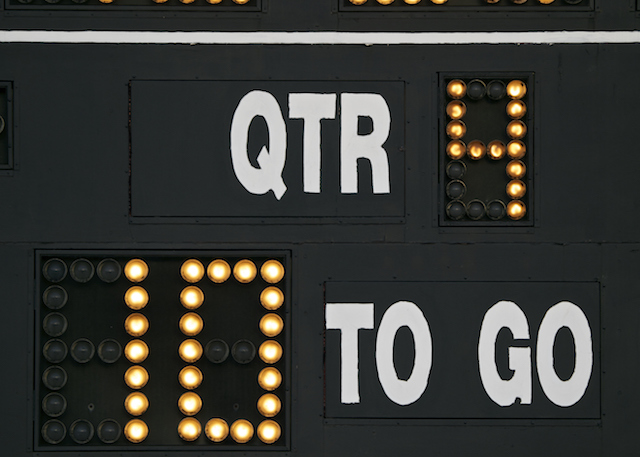When I fly, I never talk to the person next to me. I sit quietly and read a book while they sit quietly and watch a video, just as God ordained airline passengers to behave. But every once in a while, I accidentally slip into a conversation that causes me to question my silent-flying philosophy.

Last week I flew home from a Hearing God Conference in Colorado. The man next to me asked me if I was in Colorado for business or pleasure. (When I do have airplane conversations, I never initiate them.) I told him about the conference, and he asked me about my thoughts on divorce. Because his marriage was a mess.
As a kid, he had dreamt of a marriage in which his wife was his best friend. He craved intimacy where he could talk about anything, or union with a woman who completely knew his heart. Instead, his wife was more pragmatic than personal, and their discussions were more family-chore oriented than about fiery-closeness. His marriage felt more like duty than intimacy.
Despite thirteen years of marriage and two kids, he felt divorce was the only option, mostly because “She doesn’t know how to love my heart.”
Needs or Gifts
My airline companion perfectly illustrates what western people think (including hisairline companion, me): our lives revolve around what we think we most need. We think our “needs” are necessary to life and we desperately try to fulfill them. And I don’t mean bad things, I’m talking about the very best things.
Talk with any therapist about your unhappiness. Depending on their school of thought, they will help you discern your greatest hunger and help you satisfy it:
- Some say our greatest need is our next breath, or food, shelter, or health;
- Some say our greatest need is romance, deep personal relationships, or intimacy;
- And some say our greatest need is achievement, significance, or purpose.
Everyone we know has some area of dissatisfaction: some have great marriages but bad jobs, some have great jobs but poor health, and some have terrific bodies but empty bank accounts. We think, “If I just had that, I would be happy.”
The problem with all these need-philosophies is they are emptiness-oriented and do not understand the brokenness of the human heart. Because every once in a while, somebody does have every need fulfilled, and they are still unhappy. King Solomon had all the romance he could handle, plus money, security, purpose, and achievements; and his life was still empty.
When we think we require these things, soon we believe we are owed them, and in that entitlement mindset, we insatiably claim them as our right. But if we see that their fulfillment is just a gift—an undeserved blessing—we can ask but not insist.
Because blessings are wonderful gifts, but they are terrible gods.
Only One Thing Is Needed
Ever since the fall, human life has been broken. We’ve lost the paradise of security, health, and close romantic relationships (remember how quickly Adam blamed his wife for all his problems?). In the absence of these good gifts, we let filling their barrenness become our god.
We moan and lie to ourselves: “If only I had ‘X.’”
Sitting on a plane bound for Detroit, I thought I only needed some alone-time and a good book. God thought I needed to be awakened from the enchantment of a needs-based philosophy, so he sat me next to a selfish man who demanded his wife “love him better.” I felt God say, “He’s not an airline companion in the next seat. He’s a mirror.”
Freud said we are hungry for love; Jung said we are hungry for security; and Adler said we are hungry for significance. The gospel says we are hungry for God.
Sam
P. S. In two and a half weeks, I will be hosting a retreat at my house for men wondering what they should do in this next season of their life. We call it, “Living a 4th Quarter Life.” We will host a similar event for men and women in the near future.
I think we are now full, but we have a couple spaces left on our wait list. For more information, email me or just Click Here




Leave a Reply